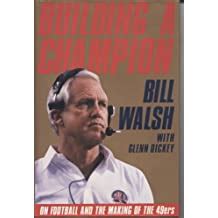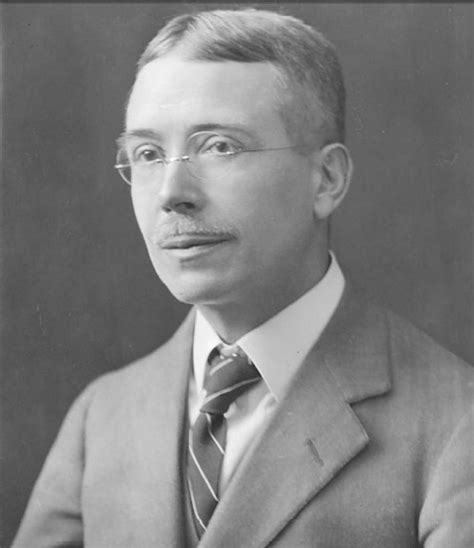A Quote by Bill Walsh
The dash helps to indicate that the two thoughts are intimately related, and it's less stodgy than a semicolon, which would have performed the same function (and who talks in semicolons?).
Related Quotes
If we state the function of man to be a certain kind of life, and this to be an activity or actions of the soul implying a rational principle, and the function of a good man to be the good and noble performance of these, and if any action is well performed when it is performed in accordance with the appropriate excellence human good turns out to be activity of the soul in accordance with virtue, and if there are more than one virtue, in accordance with the best and most complete.
Thoughts are ephemeral, they evaporate in the moment they occur, unless they are given action and material form. Wishes and intentions, the same. Meaningless, unless they impel you to one choice or another, some deed or course of action, however insignificant. Thoughts that lead to action can be dangerous. Thoughts that do not, mean less than nothing.
1) Différance is the systematic play of differences, of the traces of differences, of the spacing by means of which elements are related to each other. This spacing is the simultaneously active and passive (the a of différance indicates this indecision as concerns activity and passivity, that which cannot be governed by or distributed between the terms of this opposition) production of the intervals without which the "full" terms would not signify, would not function.
There are two pieces of legislation that are related. There's the Communal Land Rights Bill. Then there is the legislation that was approved which has to do with the role and the place and the function of the institution of traditional leadership. Now that legislation, not the Communal Land Rights Bill, provides for the setting up of particular committees that would work together with the elected municipalities.
Are we our bodies? Is a small person less than a big person, then? If we were our bodies, then when we lost an arm, or a leg, would we be less, would we begin to fade from existence? No. We are the same person. We are not our bodies; we are our thoughts. As they form, they define who we are, and create the reality of our existence.


































